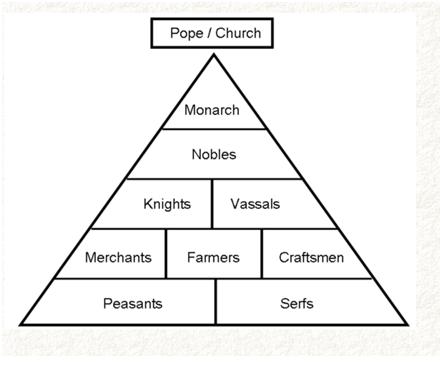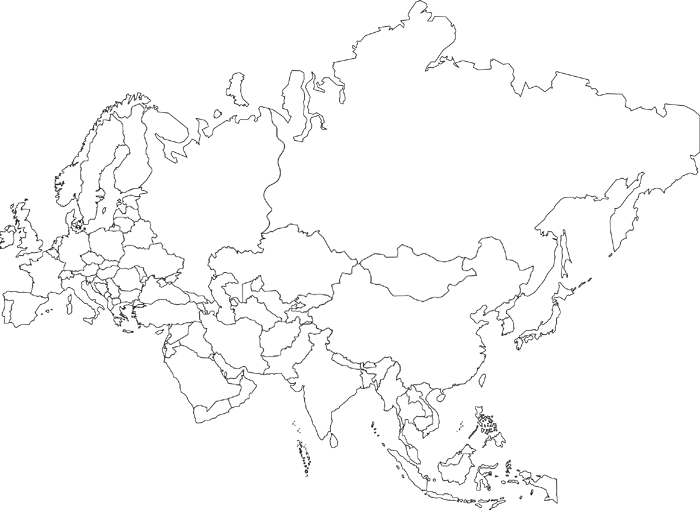

If you could not tell from the title or the pictures, this Rp will be based in either Feudal Europe or Asia. This is Roleplay takes place during the beginning of the Medieval Era, so this is alternate history as all of Asia is feudal, all of it. You will take control of a Lord or Lady who owns his piece of land. You will attempt to go through the continent and make allies or enemies.
Battles will be lost with a random number generator from 1 to 100. The one with the higher number wins. But lets just say you get a lower number then 5, then you do not lose as many troops.
Troop losings.
Gap of 1: You lose 10 percent of your sides troops.
Gap of 5: You lose 20 percent
Gap of 10: You lose 30
Gap of 20 to 98: You lose 35
Gap of 99: You lose 50
Unlike most Rps that I have seen Religion will be a huge part in it, if you manage to convert at least 30 percent of the population of another Lord/Lady you get X2 boost for 5 stats of your choice until the number drops below 30 percent. If you get over 50 percent you get a times 3 boost for 5 stats of your choice. If you manage to get 80 percent you get times 4 boost for 5 stats of your choice. If you get 100 percent you get a times 5 boost for any 5 stats of your choice.
Stats are what make this Roleplay go round. There are basically stats for any type of player, but guess what. Each stat is out of 10, you know how I choose how much out of 10, a random number generator from 1 to 10.
Types of stats
Education
Military Skills
Military Technology
Production:
Religion:
Gathering:
Farming:
Building:
Art:
Loyalty:
Morale:
Hold on your Land:
The era of feudalism in Japan took place from the 12th through 19th centuries. During that period local rulers, either powerful families or military warlords, dominated the land, while the emperor was merely a figurehead and not a significant political presence. Japanese feudalism was organized around a four-tiered social structure, with the samurai warrior class at the top. Below them ranked farmers (including fisherman), and then artisans, with merchants and shopkeepers at the bottom. This hierarchy was due to Confucian ideals, which emphasized the importance of individuals who produced things. Japanese feudalism is notably different from European feudalism, which placed agricultural workers at the bottom of the social strata.
European Feudalism
European Feudalism
The fall of the Roman Empire in the 5th century when Rome was sacked by the Visgoths led to the emergence of European Feudalism.
Romans in Europe returned to their homeland leaving European lands without organisation and the system of Roman centralisation. The disintegration of Europe following the departure and power of the Romans slowly led to European Feudalism.
The Development of European Feudalism
The first elements of European Feudalism appeared in France and Germany in the 9th and 10th centuries. This coincided with the great military force organised by the Normans. Elements of the Roman regime were transferred to European feudalism. Roman villas and their lands were granted to military leaders on a temporary basis as a reward for their loyalty to Rome and the emperor. It was also traditional for Romans to surround themselves with loyal soldiers who provided a substantial fighting force and offered protection. These ideas were adopted in Europe. European nobles increased their power from grants of land from the king in return for military service. European feudalism was born.
The Spread of European Feudalism
The spread of European feudalism grew rapidly. From France feudalism spread to the major European countries including Germany, Spain, Italy, Scandinavia, England and the Slavic countries.
The Hierarchy of European Feudalism
The hierarchy of European Feudalism occurred with ease. A natural pyramid shaped hierarchy had already developed headed by the king, who was surrounded by nobles. The urge for the great countries of Europe to fight and acquire new lands and territories led to the hierarchy of European feudalism and its main advantage which was that men who were not of noble birth could climb up the Feudalism pyramid of power. If a man proved himself in battle and as a loyal supporter he was rewarded with land (called a fief ) In return for the land the loyal supporter or Vassal would swear an Oath of Fealty and pay homage to his lord or King.
The Effects of European Feudalism
The spread and ultimate effects of European Feudalism had significant effects on society. From European feudalism emerged different forms of constitutional government. New ideas led to the resistance to and defiance of the feudal lord. The rights of the majorities and the development of early representative institutions emerged. These were the powerful effects during the decline of European feudalism.
European Feudalism
Each section of this Middle Ages website addresses all topics and provides interesting facts and information about these great people and events in bygone Medieval times including European Feudalism. The Sitemap provides full details of all of the information and facts provided about the fascinating subject of the Middle Ages!
A turn happens every other day, during this time you must send your actions to me. I would prefer you send them like a speech or a letter so I can post it in the IC. You get a total of 5 commands during a turn. Treaties, Alliances, and Trade Route negotiations must happen be posted by the people who decided to do it in the IC!
Money is a stat that is used to buy more troops or land. Money will be generated from a 1000 to 10000 generator. I will place the price of things in the OOC if this gets intrest
Name of the Lord:
Name of his land:
Population in the land:
Important People:
Type of Feudal System (European or Asian, does not matter where you are):
Appearance of Leader:
Bio (Optional)
Flag:
Location:
Religion (Either real or fake, has to not be used) :
Extra:
